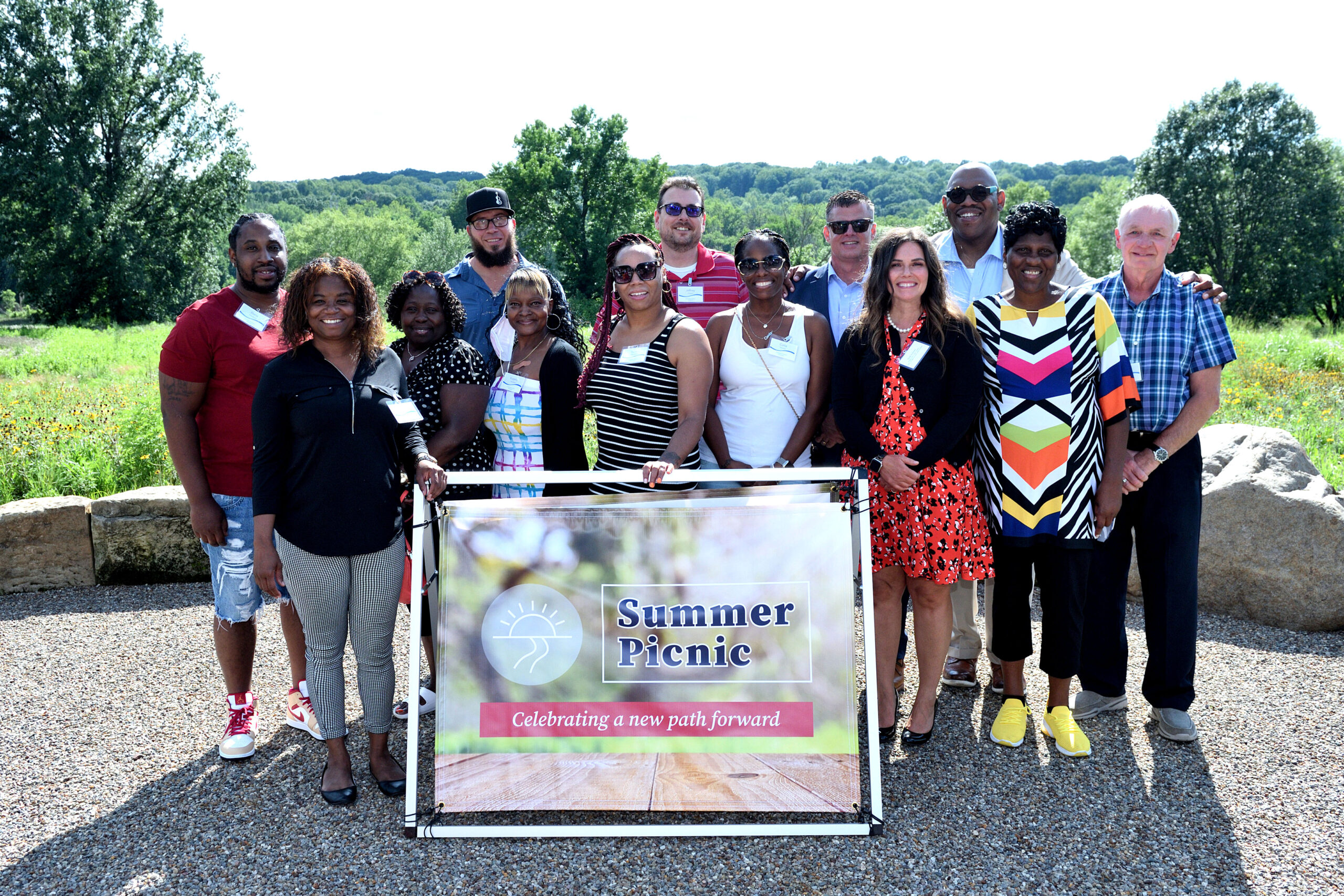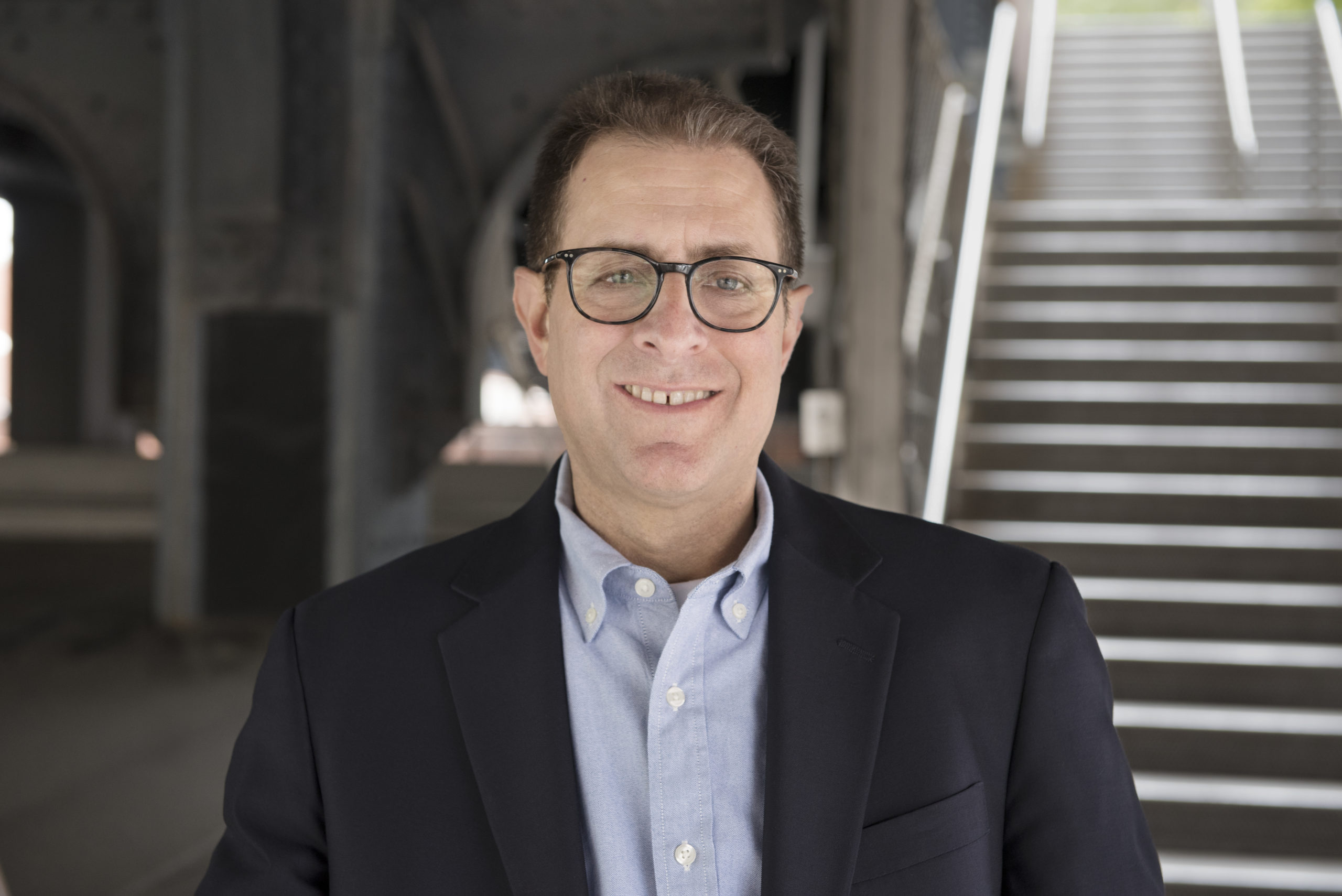It’s 6 in the morning, and Jason Hernandez is doing the usual: working on his memoir. Having already finished a workout in his McKinney, Texas, backyard, he types on his laptop and sips coffee, a cool fan blowing against him. As he writes, he relives the most significant moments in his life—the good, the bad, and the painful.
Around 2 p.m., Jason will switch his focus to a “clemency toolkit” he’s creating for incarcerated individuals or family members who want to file a petition to the president for leniency. He’ll also work on a few actual petitions for others who are serving life sentences.
“All day every day, that’s what I do—I work,” he says, sounding upbeat. “I’m happy. I like what I do. That’s how I like to spend my time.”
Jason’s daily routine used to look a little different. Just a few years ago, Jason, now 41, was an inmate at a federal prison, serving a mandatory life sentence without parole for dealing crack cocaine in the 1990s. He was released in 2015 after spending most of his adult life behind bars.
Jason is known as one of “Obama’s Eight”—the first wave of low-level, nonviolent offenders to be granted clemency by President Barack Obama. By the end of his second term, President Obama had pardoned or commuted the sentences of nearly 2,000 people, many of whom were serving life for drug crimes. But Jason was one of the first.
While locked up, Jason fought hard for his freedom. It was a fight he began seriously after his older brother, J.J., was murdered in another prison while also doing time for drug-related crimes. After losing J.J., Jason started spending up to 12 hours a day in the law library working on his case, studying legal texts and submitting appeals. Some briefs were up to 30 pages and took up to five months to prepare.
Most rejections came in the form of a one-page order, leaving him feeling broken. Still, he persisted in J.J.’s honor.
“Even though I never succeeded, it helped me prepare that clemency petition,” he says. “I told myself, ‘You know, Jason, you just can’t give up. You’ve made this declaration to your brother.’”
As he worked on his own paperwork, Jason helped others—including some of his co-defendants—with theirs. He became respected as a “jailhouse attorney” and would get paid to work on other prisoners’ cases, many of which involved parental rights, child support, and divorce.
In the clemency petition he ultimately filed for himself, Jason wrote a letter to President Obama, asking to be released back into the world, and promising to give back to the youth in his community. He hoped for compassion and empathy.
Finally, the good news came.
“I wrote a letter to President Barack Obama and he read it,” Jason says. “To think of that: A prisoner sends a letter to the president and he not only reads it, he acts upon it. When a president does that, it shows how we should give everybody a second chance.
“We’re not talking about three, four, five chances. Just a second chance.”
Jason is making the most of his second chance by spending his time volunteering, fundraising and raising awareness about causes that are close to him.
He’s on the board of the Buried Alive Project, which works to eliminate life-without-parole sentences handed down under federal drug law through litigation, legislation, and building awareness. The project was started by Brittany K. Barnett, an attorney and criminal justice reform advocate whose mother was incarcerated. As one its advisors, Jason shares with Barnett what life is like on the inside.
He also sits on the board of a local drug and alcohol recovery school for teens, and he speaks at schools, juvenile halls, and the jails, trying to spread a message of hope and empowerment. He also tells his story and talks about the criminal justice system at larger engagements around the country.
At the time of this writing, Jason is supporting himself with the help of a grant and a year-long fellowship as he creates his clemency toolkit. The study guide is modeled after his own clemency campaign and includes everything from how to win the favor of judges to starting a website. He’s working on it with Texas A&M University’s law clinic as well as New York University, where students are actively working on petitions.
“They don’t teach clemency in law school,” Jason says. “So, hopefully my toolkit can be in not only every prison, but also in every law school across the United States.”
Once those projects are complete, Jason wants to fulfill the promise he made to President Obama: giving back to the youth in his community. He plans to enroll in college and get a degree, with the hope of working as a counselor in one of the schools where he currently volunteers.
“I want to work with kids before they’re in trouble—not when they’re already in trouble,” Jason says.
However, as a convicted felon, Jason is barred from being hired at a school. To that end, he’s working on a petition to ask the president for a pardon, which would wipe the drug conviction off Jason’s record entirely.
“I’ve got a lot to offer the kids,” Jason says. “I want to make sure they don’t make the same dumb mistakes I did.”
He says that while he’s remorseful and feels ashamed of what he did, he doesn’t run from his past or the fact that being one of “Obama’s Eight” has put him in the public eye.
“There’s this cross that I bear to an extent, but I’m glad that it’s me,” he says. “When people see me, I want them to see what a second chance can look like. I want them to see what believing in someone can look like.” —Stacey Kennelly Nester











